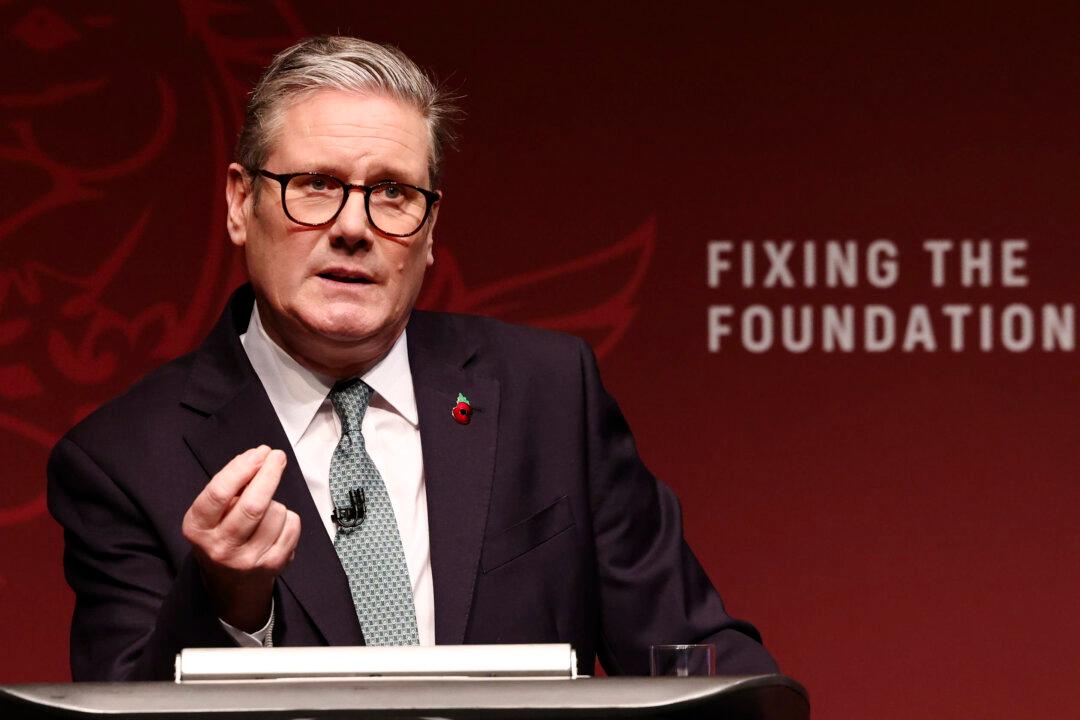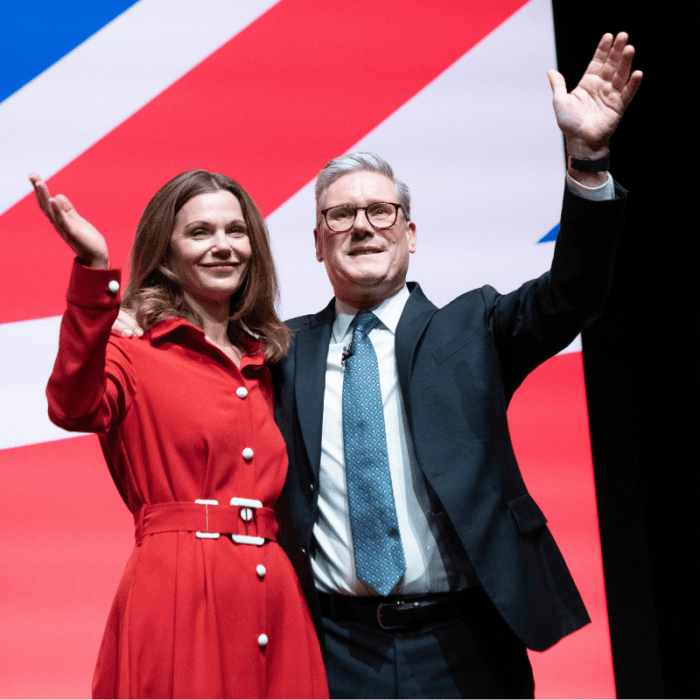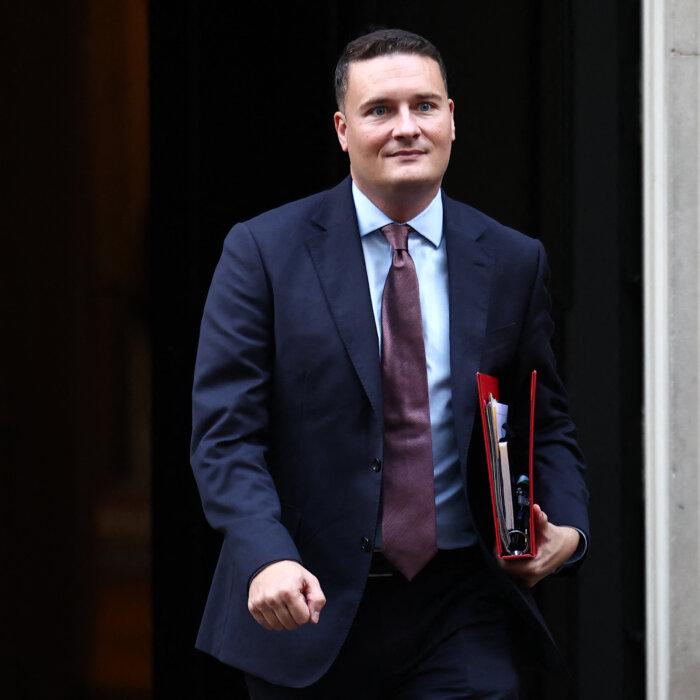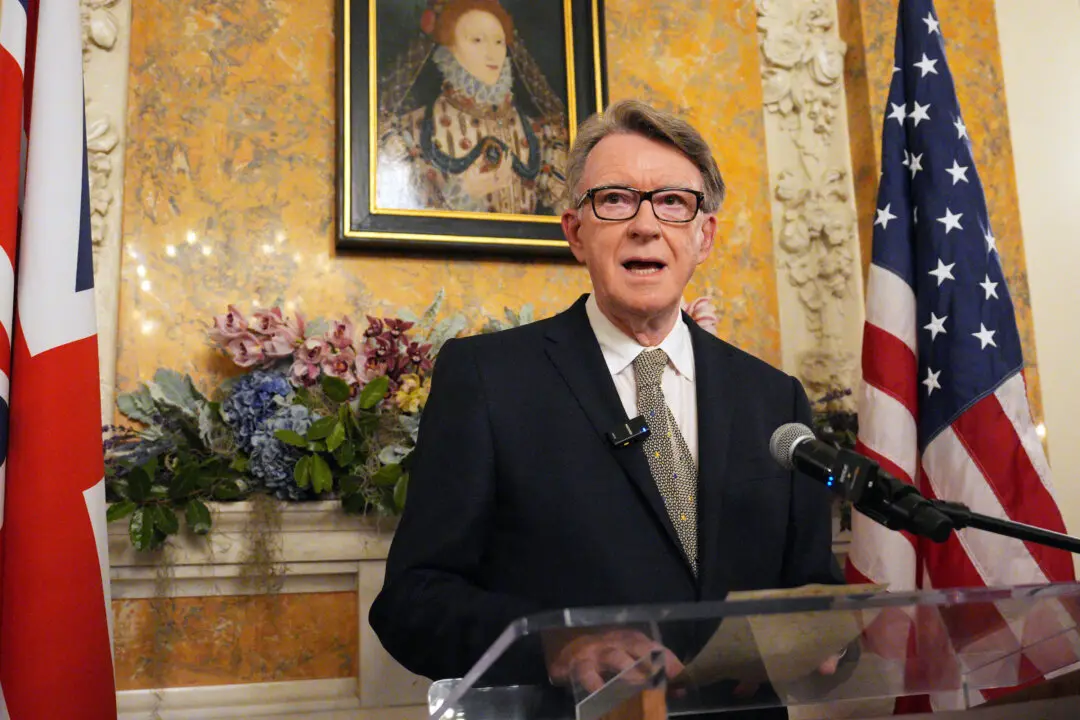Sir Keir Starmer braced the country for a “tough” budget later this week, warning that the economy is in an “even worse” state than it was in 2010, when austerity measures were implemented by the Conservative government.
Speaking in Birmingham on Monday, the prime minister said the measures Chancellor Rachel Reeves will announce on Wednesday are designed to prevent “devastating austerity” further down the line.
He said, “This is not 1997, when the economy was decent but public services were on their knees. And it is not 2010, where public services were strong but the public finances were weak.”
‘Worse Than We Expected’
The prime minister said, “Things are worse than we could possibly have expected during the election, and the budget will set that out very clearly.”Starmer accused the Conservatives of knowing about the looming fiscal crisis and having “run away” by calling an unexpected early election in May.
“Politics is always a choice so we won’t hide from our decisions on Wednesday, or any other day,” he said.
In a speech heavy with soundbites, the prime minister refused to rule out future tax rises, but reiterated that this budget would be in the interests of “working people” and aims to “fix the foundations” of the economy.
“I will defend our tough decisions all day long. It is the right thing for our country and it is the only way to get the investment that we need,” he said.
Starmer said: “Nobody wants higher taxes, just like nobody wants public spending cuts” but that he needed to be “realistic about where we are as a country.”
Although Labour has ruled out raising the basic rate of income tax for the time being, the prime minister would not refuse to rule out future tax hikes.
Ministers have faced repeated questions over the government’s definition of “working people,“ after Labour’s election manifesto pledged not to raise taxes for working people, and Starmer’s frequent pledge to return the country ”to the service of working people.”
The prime minister hinted again at welfare reform as a way to balance the books, saying that “of course there will be tough decisions” but the budget will “get Britain working.”
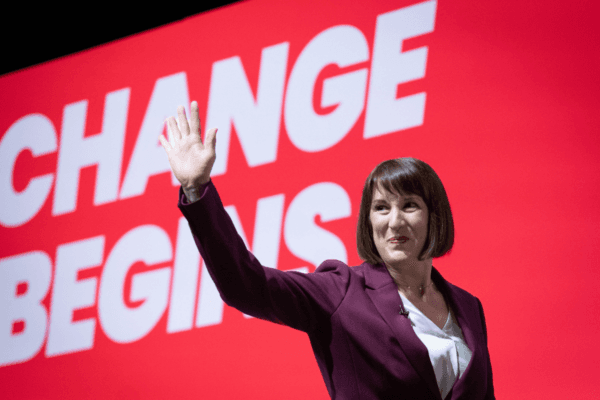
‘Back to Work’
He said that Reeves will pledge an additional £240 million in funding for local services to get people who are not working and claiming benefits into work.Starmer said the UK is “the only G7 country for whom economic inactivity is still higher than it was before Covid.
“That’s not just bad for our economy, it’s also bad for all those who are locked out of opportunity.”
Taking questions from the media, it was put to the prime minister that this might be a “Budget of sneaky tax rises," with an expected increase to employer National Insurance contributions—which could be passed on to workers.
Bus Fare Cap Rise
However, he confirmed there will be a hike in the cap on bus fares, in a move likely to impact poorer people and those in rural communities who depend on public transport.The existing £2 bus fare cap will be replaced by a higher £3 cap until the end of 2025, Starmer said.
Starmer told the audience in the West Midlands: “I will never stand here and tell you to feel better, if you don’t. Change must be felt.
“But every decision that we have made, every decision that we will make in the future, will be made with working people in our mind’s eye, people who have been working harder and harder for years just to stand still.”
Other measures expected in Wednesday’s statement include a cut to the earnings threshold at which employers pay national insurance.
Combined with the hike in the rate of employer contributions, this is expected to raise around £20 billion, as the government vows to revive public services, including the crumbling prison estate and the NHS, which it has called “broken.”
Some £1.4 billion has been ringfenced to rebuild schools, along with well tripling the investment in breakfast clubs, £1.8 billion for the expansion of government-funded childcare, and £44 million to support kinship and foster carers.
Ministers have vowed there will be no return to the austerity measures of the Cameron and Osborne years, but the government has said it will focus on making public services more “efficient” and less wasteful.
The Chancellor is expected to confirm a change to the UK’s debt rule that will allow the government to spend billions more on infrastructure, such as rebuilding prisons, hospitals and schools.
Reeves has admitted she will raise some taxes, but has not specified which ones, with capital gains tax, inheritance tax and fuel duty among those considered most likely to be leveraged.
